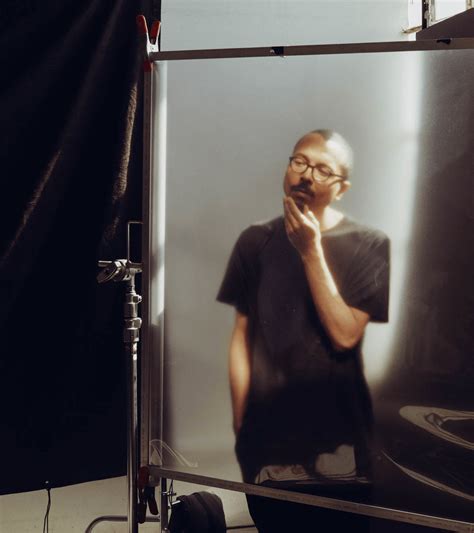A Quote by D. J. MacHale
There will be no more protests. No more dissension. No more violence. There will be only one voice. The voice of Ravinia. The voice of Halla. Your voice." "There goes freedom of speech," I said.
Related Quotes
The voice is certainly important and you can hear if it's beautiful or not, it's the gods who decide; it's more a question of what you do with the voice, which is the mysterious element. It's the personality behind the voice which makes the artist. The voice is a gift of God, but if you're not able to use this gift, what's left? Nothing but a beautiful voice, without nuance or color.
We're always being told 'find your voice.' When I was younger, I never really knew what this meant. I used to worry a lot about voice, wondering if I had my own. But now I realize that the only way to find your voice is to use it. It's hardwired, built into you. Talk about the things you love. Your voice will follow.
I had to get the voice back, the precise pitch of Sid's voice and I'd forgotten that I'd pitched him higher than my regular voice, so that was a little difficult to begin with. It was especially hard because we started recording in the morning so I had to warm up a lot and my usual voice is a little more gravelly.
My commodity as a writer, whatever I'm writing about, is me. And your commodity is you. Don't alter your voice to fit the subject. Develop one voice that readers will recognize when they hear it on the page, a voice that's enjoyable not only in its musical line but in its avoidance of sounds that would cheapen its tone: breeziness and condescension and clichés.






































